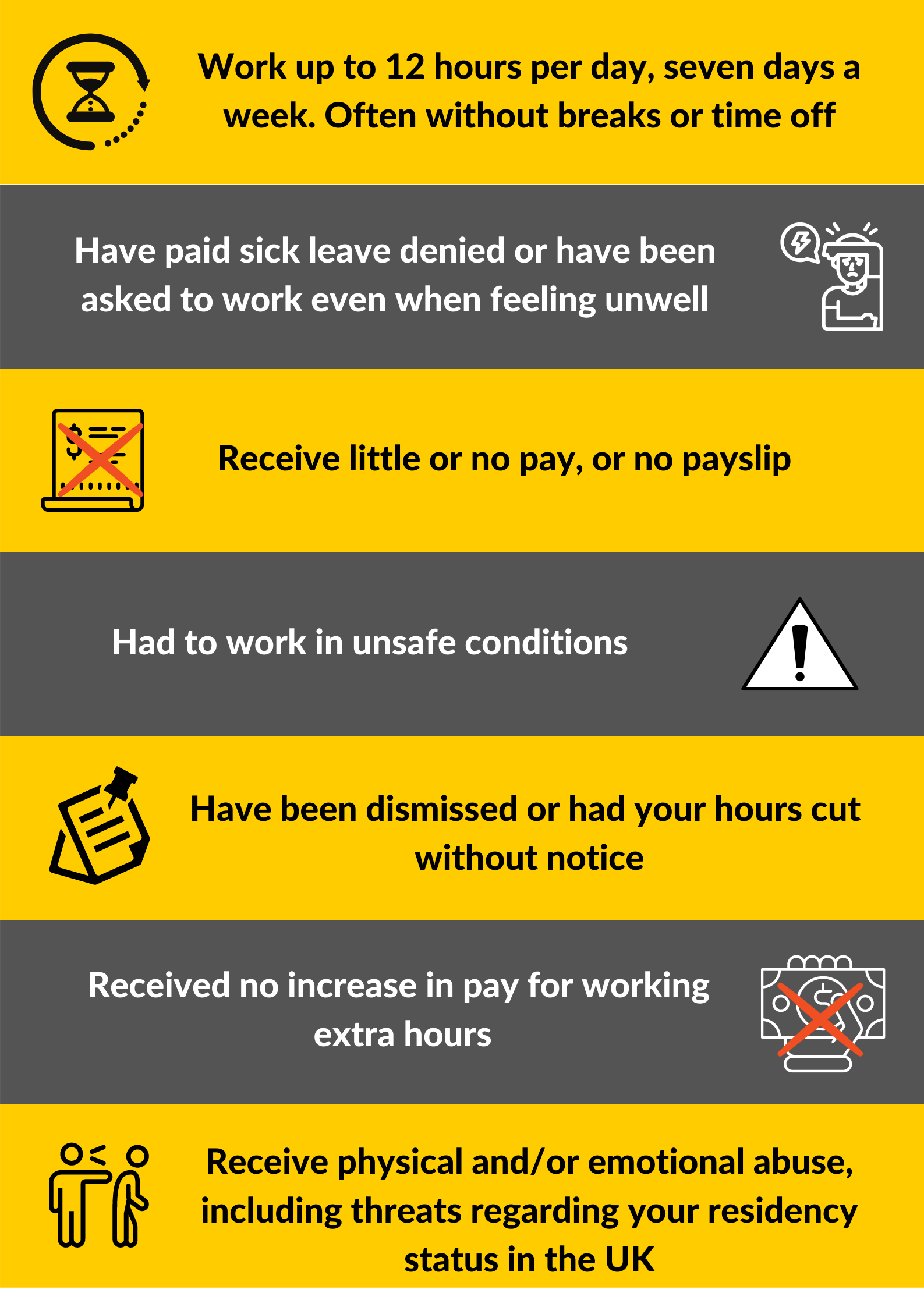Planning construction work in a residential area? Discover the exact legal hours for noisy work and avoid costly disputes with neighbours.
Construction work timing in residential areas is strictly regulated across the UK to maintain a balance between necessary development and residents’ right to peaceful enjoyment of their homes. Understanding these regulations is crucial for anyone involved in construction projects, from major developments to home renovations.
Standard Construction Hours in UK Residential Areas
Under the Control of Pollution Act 1974, construction work hours in residential areas are strictly regulated. While specific times may vary slightly between local authorities, the standard permitted construction hours across most of the UK are: Monday to Friday: 8:00 AM to 6:00 PM, Saturday: 8:00 AM to 1:00 PM, and no noisy work permitted on Sundays or Bank Holidays. These times have been carefully selected to minimise disruption while allowing sufficient time for construction projects to progress efficiently.
Weekday Construction Hours
During weekdays, construction activities are typically allowed between 8:00 AM and 6:00 PM. However, some local authorities may permit work from 7:00 AM to 7:00 PM, particularly in areas with lower population density. It’s crucial to note that these hours specifically refer to ‘noisy work’, which includes:
- Use of power tools and machinery
- Demolition activities
- Heavy vehicle movements
- Hammering and drilling
- Loading and unloading of materials
Weekend and Bank Holiday Restrictions
Weekend restrictions are significantly tighter than weekday allowances. Saturday construction is typically permitted between 8:00 AM and 1:00 PM only. No noisy construction work should be carried out on Sundays or Bank Holidays unless specifically permitted by the local authority through prior arrangement.
Local Authority Variations and Regulations
While national guidelines exist, local authorities have the power to set their own specific restrictions. These variations often reflect the unique characteristics of different areas, such as proximity to schools, hospitals, or other noise-sensitive locations. In 2024, approximately 85% of UK councils follow the standard hours, while others may have stricter or slightly more flexible arrangements.
Council-Specific Guidelines
- Check your local council’s website for specific construction hours
- Contact the environmental health department for detailed guidance
- Submit applications for any variations to standard hours
- Obtain written confirmation of permitted working hours
- Keep records of all communications with the council
Noise Restriction Zones
Special considerations apply in designated noise-sensitive areas, including:
- Conservation areas
- Areas near schools or hospitals
- Residential zones with high density
- Historic districts
Types of Construction Work and Time Restrictions
Different types of construction activities are subject to varying restrictions. Understanding these distinctions is crucial for proper project planning and execution. Recent studies show that 65% of noise complaints relate to work conducted outside permitted hours, highlighting the importance of proper scheduling.
Noisy vs. Quiet Work
Quiet work, which doesn’t generate significant noise or vibration, may be permitted outside standard hours. Examples include:
- Interior painting and decorating
- Electrical wiring
- Plumbing work without power tools
- Light manual labour
Emergency Works
Emergency construction work may be permitted outside normal hours when addressing immediate safety concerns or preventing serious damage. However, contractors must:
- Notify the local authority as soon as possible
- Document the emergency nature of the work
- Minimise disruption where possible
- Inform affected neighbours
Avoiding Disputes and Ensuring Compliance
Maintaining good relationships with neighbours while conducting construction work is essential. Recent data indicates that proper communication can reduce noise complaints by up to 70%. Successful project management requires careful planning and consideration of local residents.
Communication Strategies
Effective communication with neighbours is crucial for minimising disputes. Consider these best practices:
- Provide written notice of planned works
- Share contact details for queries or concerns
- Update residents on significant changes to work schedules
- Respond promptly to any complaints
Documentation and Permits
Proper documentation is essential for legal compliance and dispute resolution. Key documents include:
- Local authority permits and approvals
- Written notifications to neighbours
- Records of any complaints and responses
- Work schedules and timing logs
Consequences of Non-Compliance
Violating construction hours can result in serious consequences. Local authorities have significant powers to enforce regulations, including substantial fines and work stoppages. In 2023, UK councils issued over £2.5 million in fines for construction hour violations.
Complaint Procedures
When neighbours file complaints about construction noise, local authorities typically follow this process:
- Initial investigation of the complaint
- Monitoring of noise levels and working hours
- Issuing of warnings or notices
- Implementation of enforcement actions if necessary
Penalties and Enforcement
Non-compliance can result in several penalties:
- Fines up to £20,000 for persistent violations
- Enforcement notices requiring immediate work stoppage
- Legal action and court proceedings
- Damage to professional reputation
Practical Tips for Contractors and Homeowners
Success in construction projects requires careful planning and consideration of working hours. Here are essential tips for maintaining compliance while ensuring project efficiency:
- Schedule noisy works during mid-morning to minimise disturbance
- Use noise reduction equipment and techniques
- Plan deliveries within permitted hours
- Maintain clear communication channels with all stakeholders
- Keep detailed records of working hours and activities
FAQ
What is construction law in the UK?
The area of construction law deals with matters such as infrastructure, housing, planning permissions and construction and engineering. The key to understanding construction law is that it has two main categories: non-contentious and contentious.
What is the rule of construction in property?
A Rule of Construction is a guideline used in contract law to interpret the terms of a contract. These rules help clarify the intent of the parties involved, especially when the contract language is ambiguous or unclear.
What are the British standards in construction?
What are British Building Standards for Construction? British Standards (BS) are technical specifications produced by the British Standards Institution (BSI) for the purpose of promoting excellent design, construction, and maintenance practices.
What is rule of construction UK law?
What are the Rules of Construction, and why do we need to know about them? The Rules of Construction are court-made rules that have been developed over the centuries for the interpretation of legal documents. The courts use them when the interpretation of a document is confusing, uncertain, ambiguous, or in conflict.
Sources
[1] https://www.gov.uk/guidance/noise-nuisances-how-councils-deal-with-complaints
[2] https://abc-home.co.uk/complying-with-noise-regulations-during-construction-projects/
[3] https://www.challenge2025.eu/understanding-noise-laws-in-the-uk-and-other-eu-regions/


Leave a Reply